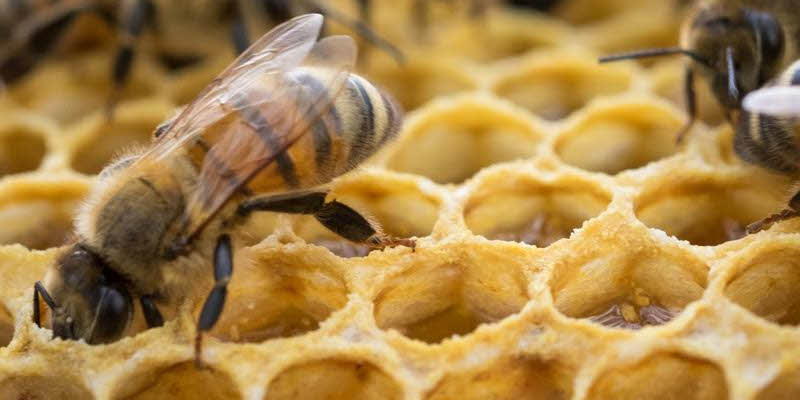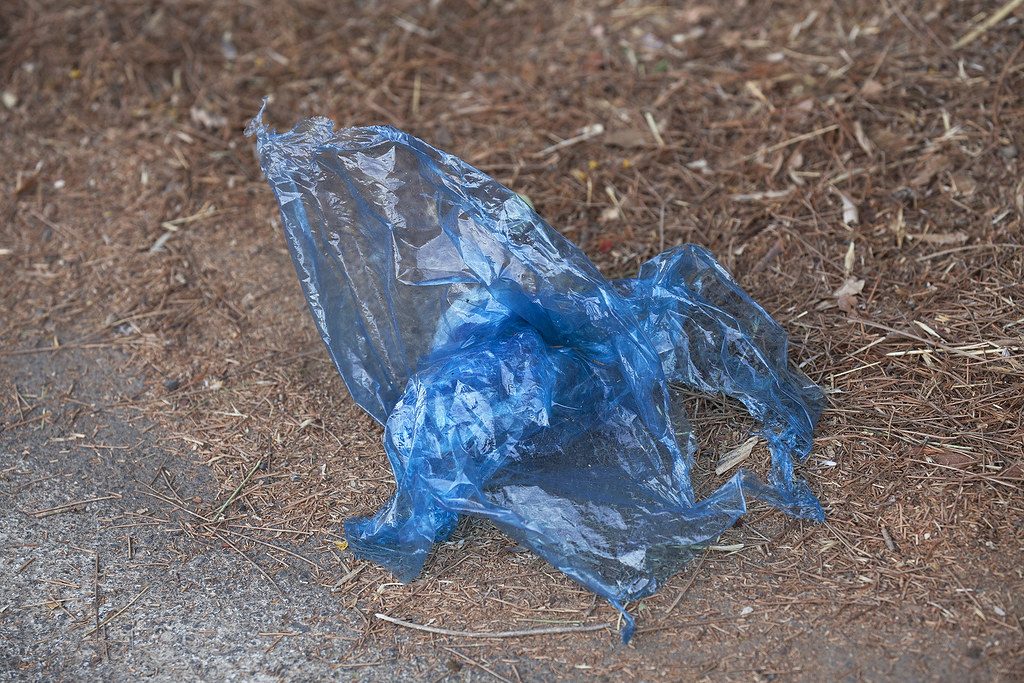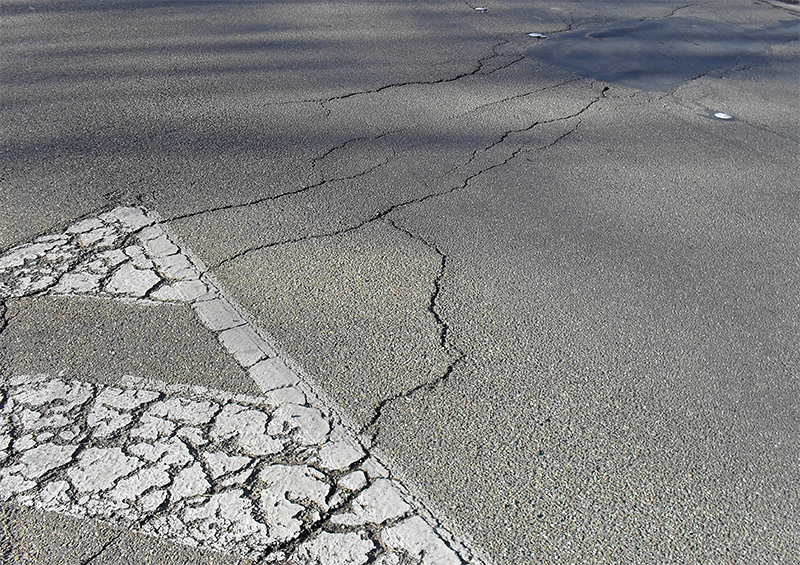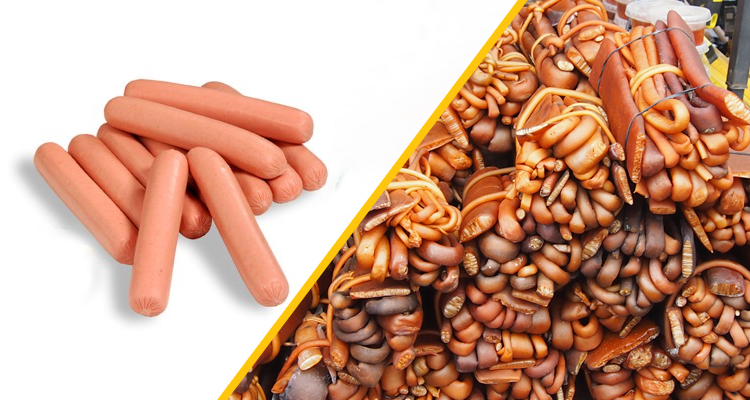UC remains a steady leader in patenting in Chile: read about six new technologies that promise to provide solutions to major issues

April, 27, 2020
Five-time consecutive recipient of the INAPI award, Catholic University is recognized for registering the highest number of patents in Chile, according to the annual ranking of patent requests published by the Chilean Intellectual Property Institute (INAPI). This award is given as part of World Intellectual Property Day celebrations.
Up until 2019, the University had submitted a total of 803 patent requests—296 in Chile and 507 overseas—but in 2019 alone, UC submitted 71 patent requests, 40 of which are classified as national priorities or PCT (Patent Cooperation Treaty).
“Using patents to protect intellectual property constitutes a strategy that drives technology transfer because patents recognize the inventors and establish clear rules for large-scale commercialization of innovations. This provides incentive insofar as time and economic resources earmarked for scientific development are concerned,” explained Álvaro Ossa, Director of the UC Tech Transfer Office which is responsible for rolling out the intellectual property program for university-inspired innovations.
Thus far, the University has successfully transferred 90 patents to organizations, companies and the public sector through various types of agreements drawn up for the implementation and commercialization of research emanating from the UC.
“Patents are a vehicle for us to showcase, protect and gain ownership of the technology we develop, and they entitle us to decide what to do with the technology,” remarks Director Álvaro Ossa, who also added that “we don’t patent for the purpose of storing, hoarding or preventing the knowledge from being used; we patent to show others what we have created, thereby giving it value as well as ensuring we have the freedom to decide what to do with it, which often involves granting permission for it to be used for free domestically and internationally.”
As part of World Intellectual Property Day, we would like to invite you to peruse some of the innovations developed and patented in 2019 by our very own UC researchers and that promise to resolve extremely significant problems affecting society today in Chile and elsewhere.
Non-Invasion Kit Designed to Detect Food Allergies in Children

Food allergies in infants and young children are an increasingly bothersome issue affecting nearly 10% of the population. Misdiagnosing and over diagnosing this type of allergy is actually more frequent than properly diagnosing them, which can create unnecessary drama for families.
Protected under property rights since 2019, this non-invasive kit consists of a diagnostic test designed to either confirm or rule out, in the case of healthy children, the presence of non-IgE allergy markers in a stool sample. Professor Arturo Borzutsky led the team of researchers from the UC School of Medicine in developing this technology.
Plastic Bag Biodegradability Test

Plastic bags have become one of the most environmentally-harmful and abundant waste items in the world despite measures taken by many countries in recent years to control their proliferation. Some types of polyethylene bags can take up to 400 years to completely decompose.
Given this scenario it is crucial for us to have a tool to determine the biodegradability of plastics bags so that we can encourage consumers to prefer more environmentally-friendly formulas. Requested from INAPI in 2019, the patent is currently pending for this technology developed by Professor César Sáez’s team of researchers from the School of Engineering.
Gron: non-invasive asphalt pavement maintenance system

Developed by a team of researchers from the UC School of Engineering, this innovative technology is designed to simplify road maintenance by minimizing the use of non-renewable resources, reducing the impact of road works on users and bringing down the cost of highway maintenance. This novel pavement is composed of recycled asphalt reinforced with recycled metal fibers or shavings from industrial waste. What is unique about this technology is its ability to self-repair when exposed to microwave or magnetic induction heat treatments.
“We are currently working on the second prototype that we plan to subject to real-scale trials on highways. Our goal is to show highway concessionaries that this technology is more than a temporary solution since it works at a structural level,” explains Álvaro González, lead researcher on this project.
Ice Cream and Hot Dogs Made from Cochayuyo

Obesity and metabolic disorders associated with poor diet are common healthcare concerns facing most modern societies today, including Chile. In 2019, the UC submitted two patents requests to protect its innovative food formula designed to provide the market with two nutritional, low-fat, tasty alternatives made from a type of seaweed commonly found along most of the Chilean coast.
Cochayuyo-based ice cream and hotdogs were both developed by researchers and students studying nutrition under Sebastián Tobar, as a healthy, label-free alternative snack ready for Chilean consumers.
CleanHive: organic pesticide for use in apiculture and agriculture

There is no doubt in the scientific community that chemical pesticides are harmful to our health and the environment. Laboratories and farms worldwide are continuously seeking environmentally-safe alternatives that are also efficient, sustainable and amenable to developing an eco-friendly agri-food industry that is not harmful to human health.
With this in mind, Professor Gloria Montenegro led a group of researchers from the UC School of Agriculture and Forestry Engineering in developing an organic pesticide containing native Chilean plant extracts for use in apiculture and farming which has thus far proven very effective. Cleanvet—a previously-patented similar technology developed by Montenegro—is already marketed today as a natural flea and tick repellent for pets.
